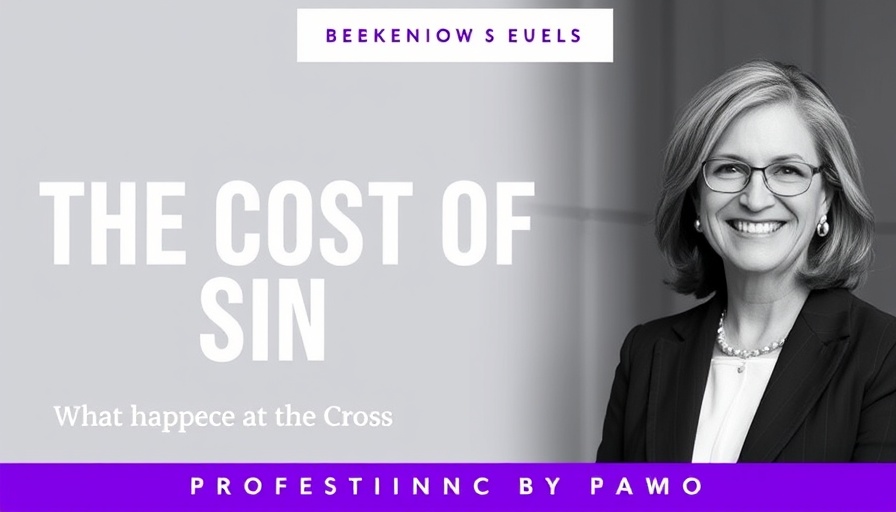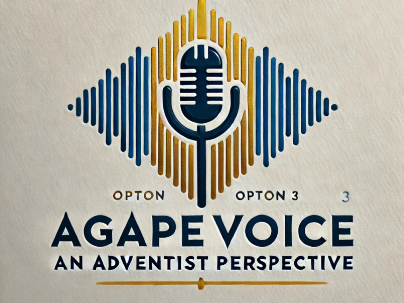
Understanding the Nicene Creed: A Fundamental Overview
The Nicene Creed, established in 325 A.D. at the First Council of Nicaea, serves as a cornerstone for many Christian denominations. It outlines core doctrines concerning the nature of God and Christ, emphasizing Jesus' divinity and humanity—a point of contention and reflection for many contemporary faith communities, including the Seventh-day Adventist (SDA) church. While some view the Creed as a unifying document, others see it as a potential source of conflict or dilution of the Adventist identity.
The Historical Context of the Nicene Creed
In its time, the Nicene Creed was formulated as a response to various theological disputes, specifically Arianism, which questioned the divinity of Christ. As councils convened to address heated debates, they solidified a statement of faith that outlined essential beliefs, ultimately striving for unity in a fragmented church landscape. This historical backdrop is crucial for understanding why many denominations embrace it as a vital part of their faith practice today.
Is Embracing the Creed a Matter of Salvation?
For some in the SDA community, the question arises: does adherence to the Nicene Creed equate to a compromise in salvation? While some denominations may label the Creed as essential for salvation, Adventism often emphasizes faith in Jesus Christ and adherence to His teachings over strict doctrinal formulations. This perspective encourages members to grapple with the Creed's contents critically, weighing its relevance against personal belief and scriptural fidelity.
Alternative Perspectives: Theological Divergence Within the SDA Community
Within the SDA community, there exists a spectrum of beliefs regarding the acceptance of the Nicene Creed. As some embrace it as a historical acknowledgment of Christ's nature, others argue that its implications could blur the distinctiveness of Adventist theology, particularly concerning topics like the Sabbath and the investigative judgment. As more discussions unfold, it becomes evident that engaging with the Nicene Creed may serve as a catalyst for deeper theological exploration rather than mere acceptance or rejection.
Practical Insights: Dialogue and Community Engagement
In navigating the complexities of whether Adventists should embrace the Nicene Creed, fostering open dialogue is paramount. Encouraging discussions among congregants can reveal diverse viewpoints and enhance understanding. Additionally, community engagement through study groups or presentations can empower individuals to delve into their beliefs while remaining informed about wider Christian perspectives. This shared learning creates a supportive environment where members can critically assess and articulate their theological stances.
Implications for Current Adventist Identity
Embracing or excluding the Nicene Creed holds significant implications for the Adventist identity. The church's founding principles—emphasizing a personal relationship with Christ alongside adherence to scripture—can sometimes seem at odds with a formalized creed. Nevertheless, engaging with the Creed may enhance understanding and appreciation for Christ’s nature and his role in salvation, potentially enriching the spiritual journey of members.
Looking Ahead: Future Trends in Adventist Theology
As the SDA faith community increasingly engages in dialogue about the Nicene Creed, future trends may see a broader acceptance of certain historic creeds while retaining the unique Adventist tradition. This shift could reflect a balancing act: maintaining distinct beliefs while acknowledging the shared foundation of Christian faith. As members continue to explore their theology and its intersections with broader Christianity, the possibility of new theological insights and connections begins to emerge, promising a dynamic and evolving faith experience.
Conclusion: A Call for Reflection
Ultimately, the question of whether Adventists should embrace the Nicene Creed calls for thoughtful exploration, dialogue, and respect for diverse perspectives within the community. Engaging with this pivotal historical document can deepen understanding and stimulate important conversations about faith, identity, and unity among believers.
 Add Row
Add Row  Add
Add 




 Add Row
Add Row  Add
Add 


Write A Comment